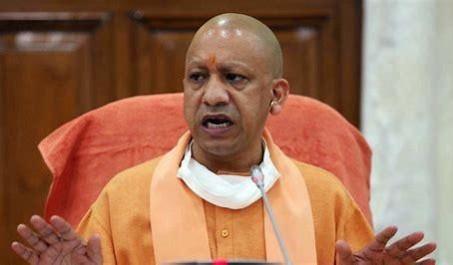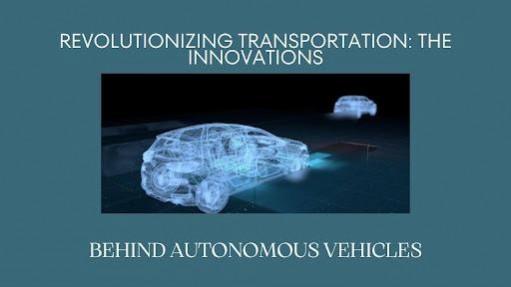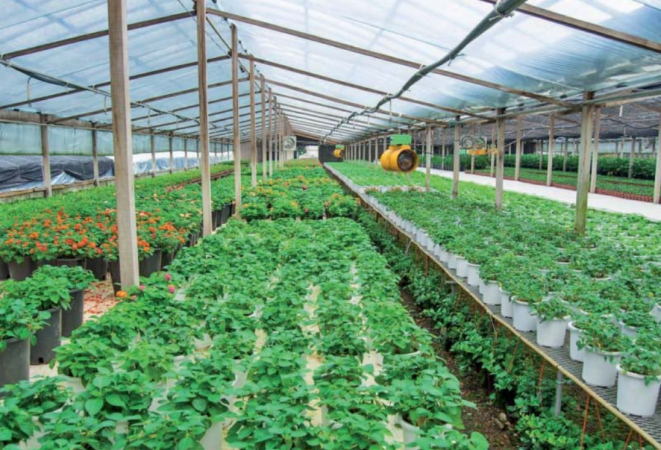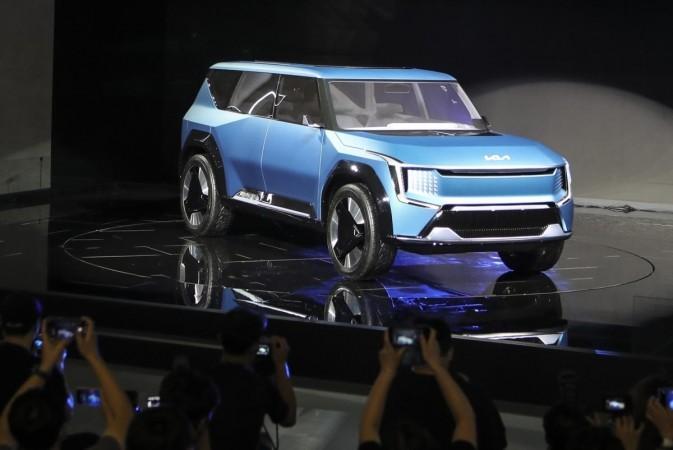
Apple’s manufacturing footprint in India is set to expand significantly, with projections indicating that the country will account for 25% of global iPhone shipments by 2025. This development is a witness to the success of the Indian government’s ‘Make in India’ initiative and the production-linked incentive (PLI) scheme, which have collectively stimulated Apple’s local manufacturing capabilities.
In 2017, iPhone production in India accounted for less than 1% of global output. However, by 2023, this figure had risen to 10%, demonstrating the rapid growth of India’s electronics manufacturing sector. The PLI scheme, in particular, has played a pivotal role in this expansion, offering financial incentives to companies that increase their manufacturing capacity in the country.
Apple’s commitment to expanding its manufacturing footprint in India is further evidenced by its preparation for the launch of the latest iPhone models in the country. The tech giant is set to make its ‘Make in India’ iPhone 16 Pro and 16 Pro Max models available in the country immediately after the global launch.
The expansion of Apple’s manufacturing operations in India is also expected to create significant employment opportunities. Industry sources predict that Apple will create between 500,000 and 600,000 direct and indirect jobs in the country over the next 1-2 years. This job creation is facilitated by the government’s PLI scheme, which has incentivized Apple and its suppliers to increase manufacturing in the country.

The growth of Apple’s operations in India is also reflected in the sharp increase in iPhone exports from the country. In the fiscal year 2023-2024, iPhone exports surged to $12.1 billion, up from $6.27 billion in the previous fiscal year. This growth underscores India’s emerging role as an export hub for Apple’s devices.
The Indian government’s PLI scheme has not only boosted the electronics manufacturing sector but also aims to foster the growth of the semiconductor and display manufacturing industries. The government is providing financial incentives across 14 sectors worth Rs 2 lakh crore, with an additional Rs 70,000 crore earmarked to boost the semiconductor and display manufacturing ecosystem.
However, the growth of the electronics manufacturing sector is not without challenges. The sector is grappling with issues such as information asymmetry, where government bureaucrats often lack the knowledge to effectively allocate subsidies and protectionist policies. There is also the risk of crony capitalism, where politically connected firms secure government support for reasons unrelated to their technological and managerial competence.
Despite these challenges, the electronics manufacturing sector in India and the broader Asia-Pacific region is poised for continued growth. With the right policies and incentives in place, these regions can capitalize on the opportunities presented by the global shift towards digitalization and smart manufacturing.















